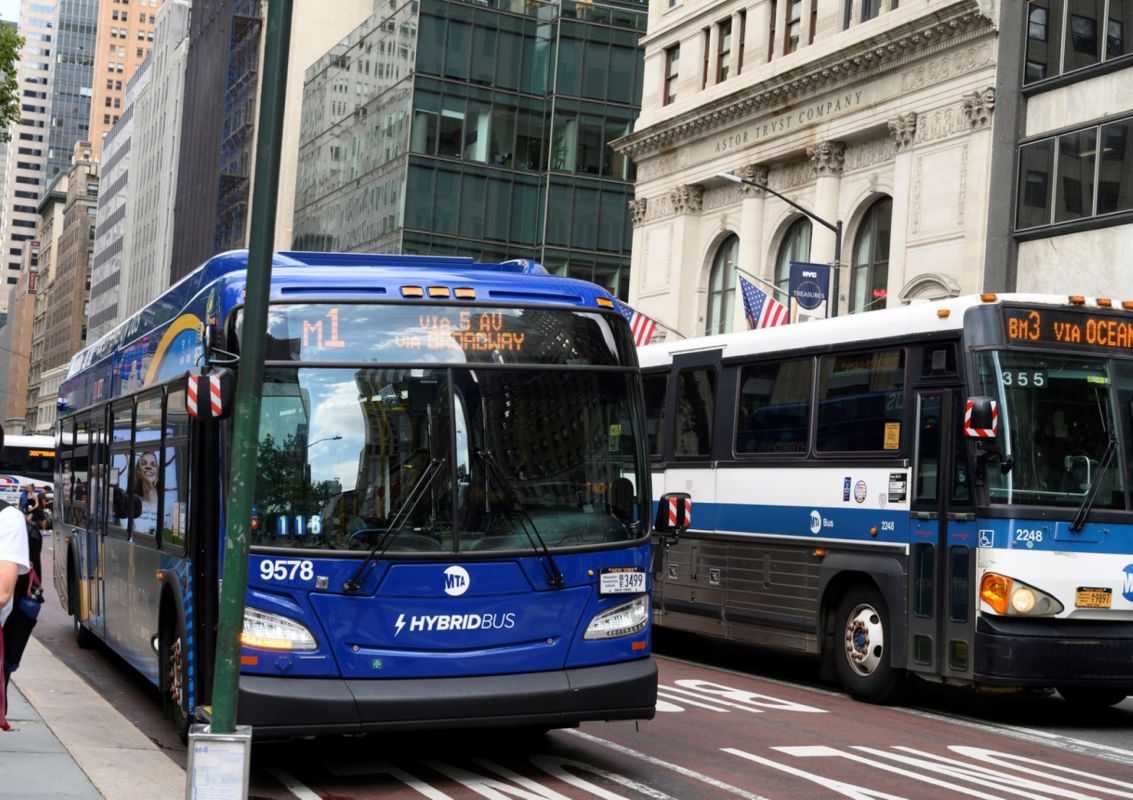A study from the United Kingdom suggests that increasing the accessibility and affordability of public transportation may significantly benefit social engagement and mental health among older adults.
The study involved implementing a free bus pass program for a random sample of 18,453 adults aged 50 and above, as Reuters summarized. The results indicated an 8% increase in public transport ridership among those newly eligible for free travel.
Moreover, individuals who started using bus transport more frequently after gaining eligibility for a free pass experienced a 12% reduction in depression symptoms. These symptoms encompassed a range of issues such as not enjoying life, insomnia, unhappiness, loneliness, sadness, lack of motivation, and perceiving everything as an effort, per Reuters.
The findings also suggest that increased use of public transport can increase participation in volunteering and regular contact with children and friends, as noted in the BMJ Journal of Epidemiology & Community Health.
"There has been a push from the World Health Organization to make cities and communities more age-friendly, and our study suggests that one way for governments to do so is by subsidizing public transportation for older people," Erica Reinhard, the lead author of the study, told Reuters.
Americans are feeling more lonely than ever, with media outlets such as USA Today raising concerns about the "loneliness epidemic." A 2020 Harvard survey found that 61% of adults aged 18 to 25 reported feeling serious loneliness, compared to 36% across the general population. Among older adults, results from a University of Michigan poll revealed that loneliness among adults aged 50 to 80 increased from 27% in October 2018 to 34% in January 2023 (though this was a decrease from the pandemic-level 56% in June 2020).
Some attribute the growing loneliness epidemic in the United States to technological advancements, especially since the COVID-19 pandemic. With the growing popularity of remote work, social media, and mobile-friendly delivery services, the increased convenience that technology provides can allow one to go an entire day without face-to-face human interaction.
Severe loneliness poses significant risks to both mental and physical health. A study by the U.S. Surgeon General linked loneliness to a 26% increase in the risk of premature death, and a report by the American Heart Association linked it to a 29% increase in risk of heart attack or death from heart disease and a 32% increase in the risk of stroke.
Experts propose that infrastructure improvements, particularly in public transportation, could help address the loneliness epidemic and create more opportunities for human connection. The U.K. researchers behind the new study aim to apply their findings to understand the most effective public transport programs for different types of neighborhoods in the future.
"Since public transport infrastructure varies between urban and rural areas, it is plausible that the free bus passes may have different impacts based on where people live and the quality of public transportation available," Reinhard told Reuters.
Join our free newsletter for weekly updates on the coolest innovations improving our lives and saving our planet.









